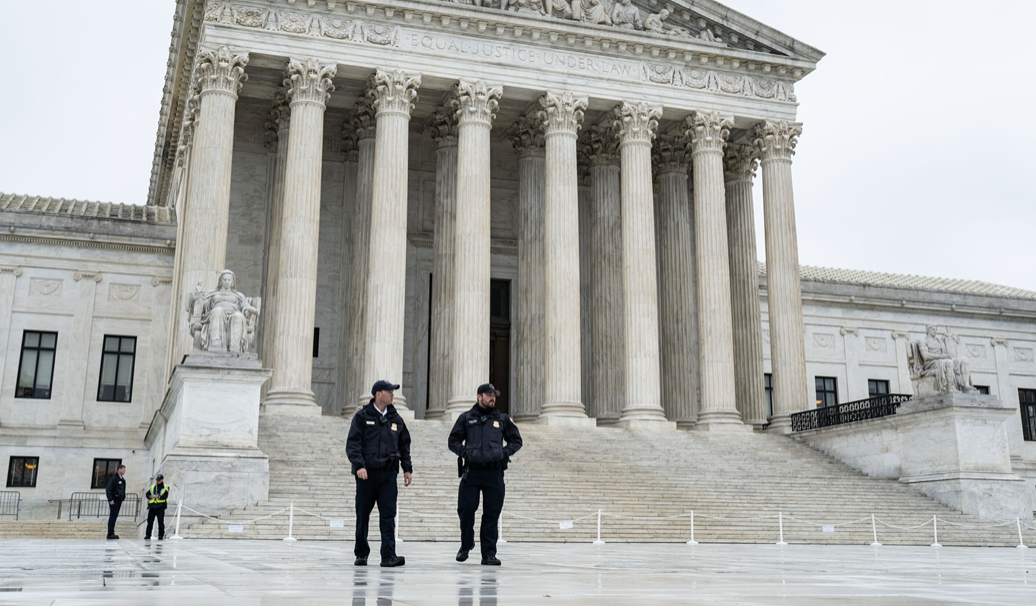By: Dan McLaughlin – nationalreview.com –
Judicial conservatives have been talking for some time now about doing away with the Chevron doctrine, derived from Chevron, U.S.A., Inc. v. Nat. Res. Defense Council, Inc., (1984). Now, the end is potentially in sight: The Court has been explicitly asked to overrule Chevron.
The request came in the petitioners’ opening brief in Loper Bright Enterprises v. Raimondo, filed Monday. Former solicitor general Paul Clement, one of the nation’s leading appellate advocates, is the lead lawyer for the petitioners in a case brought by a group of New Jersey herring fishermen represented by the Cause of Action Institute. The fishermen challenge a federal regulation that could force them to surrender 20 percent of their earnings to pay for at-sea monitors on their boats. Cause of Action Institute lawyers describe the case as “a classic David versus Goliath story,” pitting working stiffs against the might and power of the federal administrative state and the constellation of K Street lobbyists and lawyers who make the big bucks ensuring that big companies can navigate its labyrinthian rules safely — representation that ordinary fishermen can’t typically afford.
The case may not kill Chevron, but it could seriously limit it, and the Court may decide that salvaging what’s left isn’t worth the effort. Chevron holds that courts should defer to administrative agencies when they interpret arguably ambiguous rules of law. That may sound harmless, and it was greeted in 1984 by conservatives as a win because it freed Reagan-era agencies from the overweening activist rulings of liberal judges on the D.C. Circuit. But it’s inconsistent with our constitutional system, in which it is the courts, not executive agencies, who are responsible for saying what the law is. The rule has bred exceptions too numerous to make sense of. The fallback argument of the fishermen is that Chevron should not apply when the regulation addresses a subject on which the statute is entirely silent. But is it worth creating a new rule about what is, and is not, statutory silence? As the fishermen’s brief notes, Chevron is not even a substantive legal rule; it’s a rule about the Court’s own method of reading laws, and those are a weak case indeed for following precedent when they prove unworkable.
Of course, even if Chevron is overturned, the Court will still inquire into how agencies have interpreted the law. It just won’t clothe that inquiry in any formal legal status. For example, in Biden v. Nebraska, as in a number of recent “major questions” cases, the Court has noted that the longstanding absence of assertions of particular authority by an agency is a sign that the agency did not think that power was within its statutory authority. The Court can still take notice of such actions without enshrining a rule in which any assertion of interpretive power — new or longstanding, of power or lack of power — is given equal deference by the branch of government that is charged with interpreting laws.
Justice Ketanji Brown Jackson is recused, but five justices will still be needed to issue an opinion. They should do away with Chevron.
To see this article in its entirety and to subscribe to others like it, please choose to read more.
Source: Supreme Court Asked to Overrule Chevron Doctrine | National Review
 Listen Online
Listen Online Watch Online
Watch Online Find a Station in Your Area
Find a Station in Your Area









 Listen Now
Listen Now Watch Online
Watch Online
